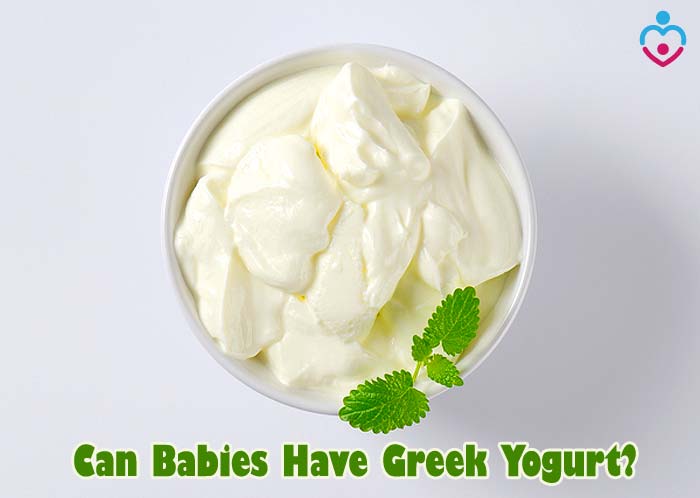
Weaning your baby is an essential phase in their development, and new foods should be introduced carefully. You will come across many aspects that you need to consider as you implement the transition from formula or breastmilk to solid foods.
Yogurt, especially Greek yogurt, will naturally be one of your first options to consider when you make your baby's first weaning meals. But is this a food that is safe for them? When can babies have yogurt?
The market offers plenty of types of yogurt, being it Greek yogurt or others, and choosing the healthiest option is essential.
Jump to:
- Can Babies Have Greek Yogurt?
- Why Can Babies Have Yogurt But Not Milk?
- Yogurt Allergies in Babies
- What About Dairy-free Yogurt?
- Nutritional Benefits of Greek Yogurt
- Whole Milk Yogurt vs. Regular Milk Yogurt
- Nestle Yogurt for Babies
- Top 5 Best Yogurt Recipes for Babies
- Baby Yogurt vs Regular Yogurt
- Can Baby Eat Yogurt At Night?
- Can Babies Eat Activia Yogurt?
- Frozen Yogurt for Babies
- Key References
Can Babies Have Greek Yogurt?
Babies can have Greek yogurt and any other type of yogurt as soon as 6 months old. Some pediatricians will recommend waiting until your little one turns 8 months before introducing yogurt.
Greek yogurt is one of the best types of yogurt you can give to your baby, especially if you get it from an organic source.
Why Can Babies Have Yogurt But Not Milk?

Babies shouldn't have cow milk until they are one year old, as pediatricians will tell you.
- This is because their bodies are not ready to break down the nutrition in cow's milk, so they will get little benefits from such a product. Yogurt, on the other hand, is a different story.
- As we mentioned, yogurt can become part of your baby's diet as soon as you start the weaning process but not earlier than 6 months old.
- A yogurt is a form of fermented milk that helps the body digest it easier. If your baby is lactose intolerant or they have some sort of sensitivity to cow milk protein, yogurt is a great alternative.
- It will not be a good option for babies that are allergic to lactose. Still, it will be perfect for different levels of intolerance.
Suggested Reading:
Yogurt Allergies in Babies
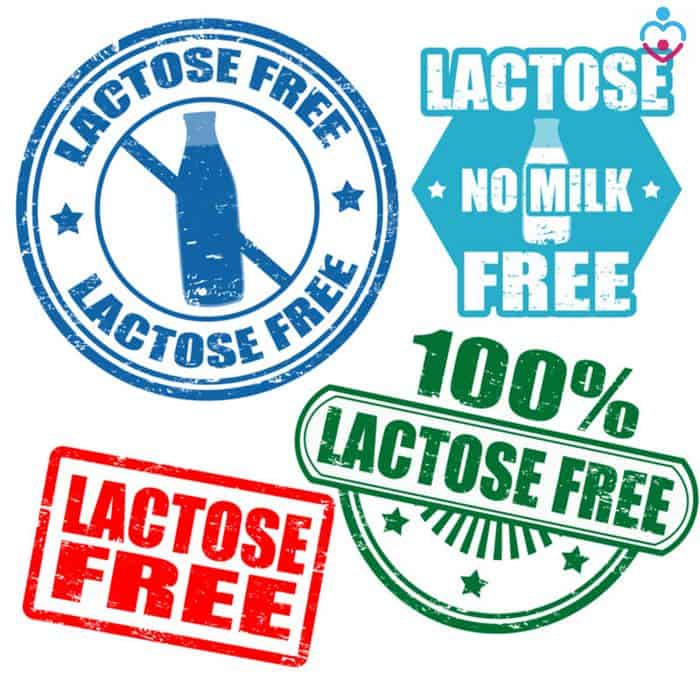
Yogurt might be nutritious food, but it is not one for all babies. It is vital to get to know your baby's body and needs well enough before you introduce any type of yogurt to their diet.
- Pay the same attention to other milk-based products. The main concern you should have in mind when you introduce yogurt to your baby is a milk allergy.
- If your baby has a milk allergy of any kind, they will most likely get a reaction from eating yogurt. Yogurt might be easier to digest and a good alternative for babies that are lactose intolerant, but it will be dangerous for babies allergic to milk, being it the lactose in milk or the protein.
- Milk allergies are not common, but they still can take place in up to three percent of babies. Your doctor will be able to identify if your little one has such an allergy and tell you precisely what you should avoid.
- There are some common symptoms of an allergy to milk that you should look for in your baby after they had yogurt. The most important of these are diarrhea, skin rashes, fussiness, vomiting, and swelling.
If your baby has no milk allergy, most likely you will not notice any of these reactions in them. In this case, yogurt should become part of your baby's diet, as you can include it in many recipes.
What About Dairy-free Yogurt?
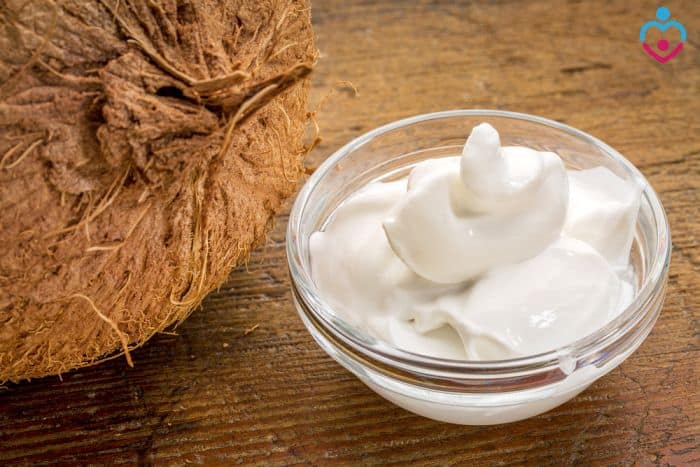
If your baby is allergic to milk, you might want to consider dairy-free yogurt.
- Luckily, nowadays, you can find plenty of dairy-free yogurts to purchase. When you choose a dairy-free yogurt, you can consider oat-based yogurt, soy-based yogurt, or even almond-based yogurt and coconut yogurt.
- There is a multitude of options, but what truly matters when you choose the yogurt is the list of ingredients.
- You want to choose a dairy-free yogurt that is low in sugar or even unsweetened. Sugar is not a necessity for your baby, and you can always replace it with a healthy option such as bananas or other fruits. Also, choose a yogurt that has little additives, and it is made of natural ingredients.
- As far as taste goes, dairy-free yogurts can be delicious. You will not even be able to tell the difference in some cases, and neither will your baby.
- You can combine them with fruits and cereal just the way you want and spoil your baby with some delicious meals.
The only downside of plant-based yogurts is that they are lower in protein compared to traditional yogurt. This happens because they are made of plants or cereal that are not the most abundant source of protein on the market.
However, you can supplement this by adding protein to other meals of your baby.
Nutritional Benefits of Greek Yogurt

Greek yogurt, but ultimately many other types of yogurt bring a wide range of nutrition to your baby.
- However, Greek yogurt tends to be richer in nutrients that your baby can benefit from, especially if you choose it with no added flavors.
- Yogurt has calcium that is important for the development of the bones, nails, and hair. Your baby will have stronger bones, and they will be healthier as you include yogurt in their diet.
- The fat in Greek yogurt is also very important. This is a healthy fat that your baby needs as they are developing. It is an excellent source of protein, which is essential for the development of the muscle system but also for brain development.
| Yogurt type | Nutritional Value |
| Greek yogurt |
|
| Whole Milk yogurt |
|
| Fruit yogurt |
|
| Activia yogurt |
|
![]()
Whole Milk Yogurt vs. Regular Milk Yogurt
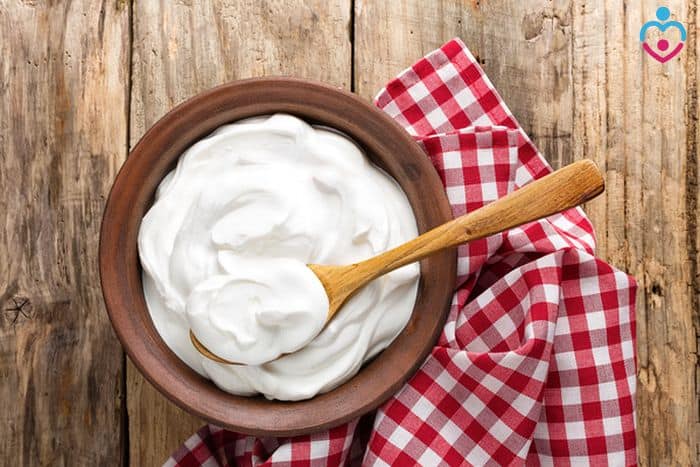
As you decide it is time to introduce yogurt to your baby's meals, you will naturally wonder what type of yogurt should you go for. The big two categories are whole milk yogurt and regular milk yogurt.
- Whole milk is unaltered milk, and usually, the yogurt that is made of this type of milk is fatter than regular milk yogurt.
- While you can feed your baby both types of yogurt, they will benefit better from the whole milk yogurt. This type of milk is richer in nutrients and fat. Your baby will develop in a healthier and even faster way.
- Also, it is essential to mention that whole milk brings more vitamin B12 to your baby's diet as well as more calcium, phosphorus, and riboflavin. Only one cup of whole milk yogurt contains 8.5 g of protein.
Suggested Reading:
Nestle Yogurt for Babies
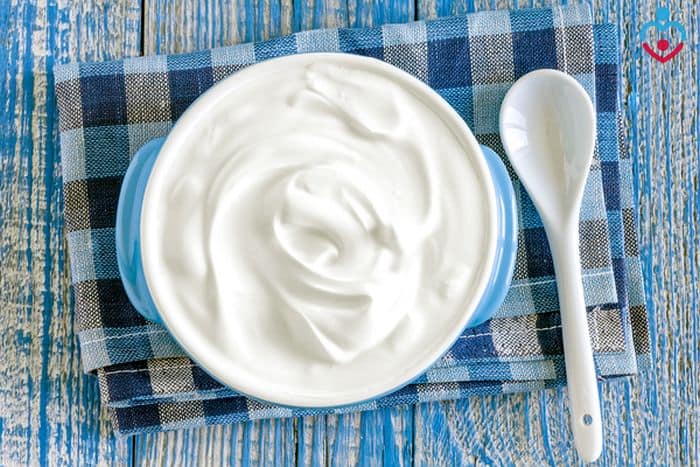
If you are looking for the best yogurt for your little one, you should know that this is not a natural choice. There are so many options to choose from that you might find it hard to decide.
- However, unflavored Greek yogurt tends to be the most popular option among them all. There are plenty of reasons for that, and you will not have to worry about any chemicals as most of these yogurts are natural and even organic.
- When you choose the type of yogurt you want to offer to your baby, you should consider both the health benefits and your baby's preferences.
- You might want to consider offering your baby a whole milk yogurt for all the extra benefits of it. And then, you will discover that this type of yogurt breaks into different other assortments.
- You will find types of yogurts that are designed and labeled as baby yogurts. These yogurts tend to be richer in nutrients according to your baby's age.
- You can find a wide variety of Nestle. This brand offers yogurts for babies older than 6 months, as well as for young toddlers.
- Nestle offers a wide range of yogurts, based on whole milk or regular milk, as well as low-fat dairy, and they come plain or with flavors.
A significant aspect of Nestle yogurts is that they are clean in ingredients. They are also easy to find in almost all stores, and you can even order them online.
Top 5 Best Yogurt Recipes for Babies
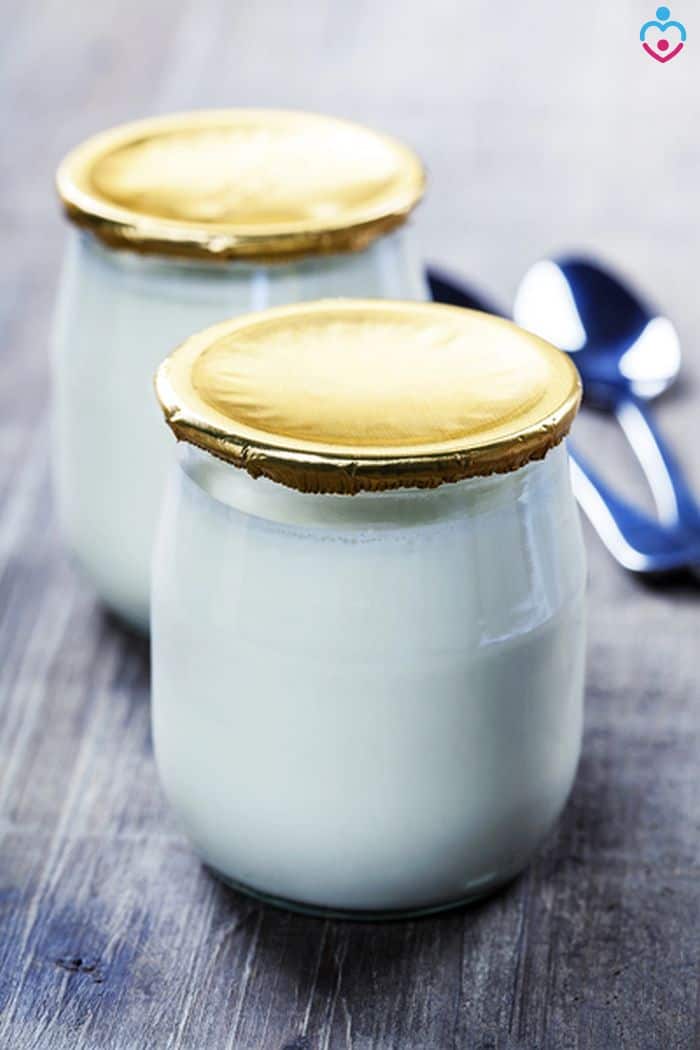
When it comes to yogurt, you can mix it with almost any fruit and cereal to discover what your baby prefers. Their taste is also important, and you shouldn't neglect it. After all, if they don't like the food, they are most likely not going to eat it. We put together 5 delicious recipes to help you prepare your baby's meal fast and tastes delicious!
1. Yogurt and Apple Puree
You will need one cup of Greek yogurt or another yogurt of your choice and one apple.
- All you need for this recipe is yogurt and apple pure that you can home make.
- Boil the apple and blend it along with the yogurt for a homogeneous mix.
- Allow it 5 minutes to cool down before serving it to your baby.
2. Yogurt and Mashed Avocado
The nutritious value of avocado is simply unbeatable. This miracle fruit will bring your baby plenty of healthy fats, vitamin K as well as other minerals and vitamins. And mixed with yogurt is a delicious meal by itself for a 6 months old baby and older.
- A cup of yogurt and one big avocado or two small size ones should suffice for this recipe.
- Smash the avocado into a paste by using the fork and mix it with the yogurt.
- You can blend both for a few minutes if you want a creamier texture.
3. Yogurt and Sweet Potato
If your baby likes sweet potato, they will love the combination between this veggie and yogurt.
- You will need a cup of yogurt as well as one small sweet potato.
- Peel and boil the potato before blending it with the yogurt.
- Sprinkle a dash of cinnamon on top of it and allow it to cool down before you serve it to your baby.
4. Yogurt, Banana, and Blueberries
If you want to add a delicious meal to your baby's diet, there is nothing like pure yogurt, bananas, and blueberries. Bananas are rich in potassium, and magnesium and blueberries are an essential source of antioxidants. You don't need to cook anything for this recipe.
- Simply add all the ingredients in the blender and mix them.
- You can add some water or vegetal milk if you feel like the cream is not fluid enough.
Suggested Reading:
5. Yogurt and Oatmeal
Yogurt and oatmeal is an excellent combination for babies older than 8 months.
- You will put the yogurt in a bowl and add 2 tablespoons of oatmeal.
- Mix them well with the spoon, and you obtain a delicious dish for your little one!
Baby Yogurt vs Regular Yogurt

Now that you know how important it is to introduce the right yogurt to your baby's diet along with other fruits and veggies, you might wonder if there is a difference between regular yogurt and baby yogurt.
- The main difference between these two types of yogurts is that the baby yogurt is most often than not made of whole milk and organic ingredients.
- Regular yogurt comes in different levels of fat, low-fat, and with ingredients that are not always organic.
- The flavors also differ. You will notice that baby yogurt comes in different fruit flavors, but there are rarely fruit chunks in it.
- On the other hand, regular yogurt contains fruit chunks to enrich its taste.
Can Baby Eat Yogurt At Night?

The frequency with which you add yogurt to your baby's meals is entirely subjective. If you use fat Greek yogurt, you shouldn't give it to them every meal and not even every day.
-
- You can add the yogurt in one meal for 3 to 4 days a week. You don't want to give your baby too much of the yogurt fat either, plus they might feel develop digestive issues from all the enzymes in the yogurt.
- The best meal to add yogurt to your baby is breakfast. It will give them the energy to be active for the day and the nutrition their body needs.
- Giving baby yogurt meals before going to bed at night, however, might cause them to be gassy and even bloated, so you should skip it for dinner.
Suggested Reading:
Can Babies Eat Activia Yogurt?
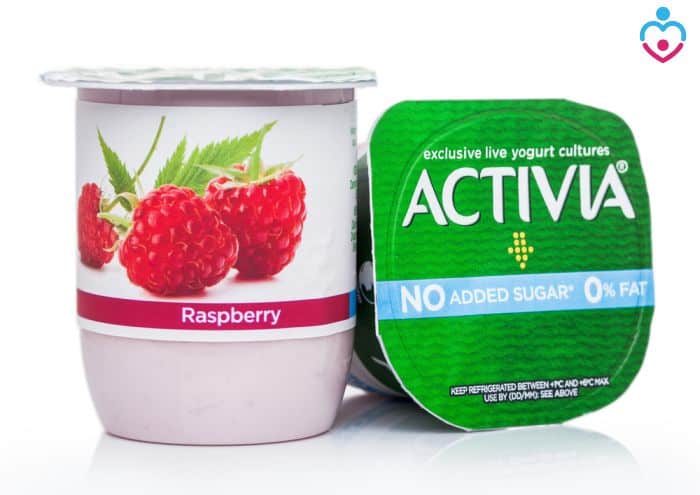
One of the most popular brands of yogurt you can find on the market is Activia. But can you give this type of yogurt to your baby, or you should enjoy it by yourself?
- The short answer to this is No. You shouldn't give them Activia until they are at least 1 year old, and many pediatricians will recommend waiting beyond that.
- One of the reasons you shouldn't give your baby Activia is the fact that it has a lot more sugar than other types of yogurts, getting to 19 grams per serving.
- You don't need to load your baby's diet with this unnecessary amount of sugar.
- Plus, the ingredients in Activia yogurt are not organic or as full of nutrients as baby yogurt should be.
Activia is designed to help adults get their digestive system on track, considering that we eat a lot of processed foods and digestive issues might appear.
- However, your baby should have a clean diet that doesn't generate such problems which make Activia yogurt not recommended for them.
Frozen Yogurt for Babies
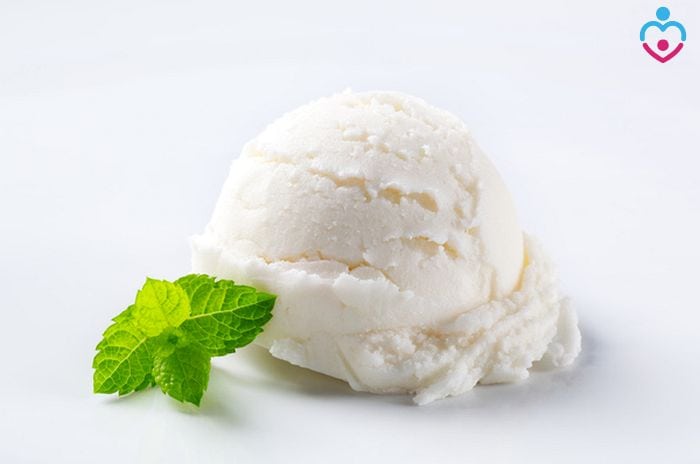
If your pediatrician told you that it is safe to give your baby yogurt, then it is safe to provide them with frozen yogurt as well.
- As a matter of fact, frozen yogurt is much healthier than ice cream, so this might even become a great snack for your little one during the summer.
- Instead of buying frozen yogurt, you can make your own starting with Greek yogurt that has no flavor and adding your own fruits to it.
- You can blend the yogurt with bananas, blueberries, apples, or other fruits of your choice.
- Put it in shapes that will be easy to store in the freezer and allow it a few hours to get frozen.
- After that time frame passed, use a wood stick to get the yogurt out of its shapes and give it to your toddler as ice cream.
- They might not be able to eat it at 6 months, but once they reach one year old, they will be able to do that.
Yogurt can be a great nutritional ingredient to your baby's meals. You can mix it with fruits and certain veggies, as you saw in the recipes above.
As long as you consult your pediatrician before introducing yogurt to your baby's diet, you should be on the safe side.
If you suspect that your little one has any type of milk allergy or intolerance, you might want to hold on to adding yogurt to their meals.
![]()
Key References
- "Greek Yogurt for Baby | WholesomeBabyFood". Accessed June 27, 2020. Link.
- "8 health benefits of Greek yogurt". Accessed June 27, 2020. Link.




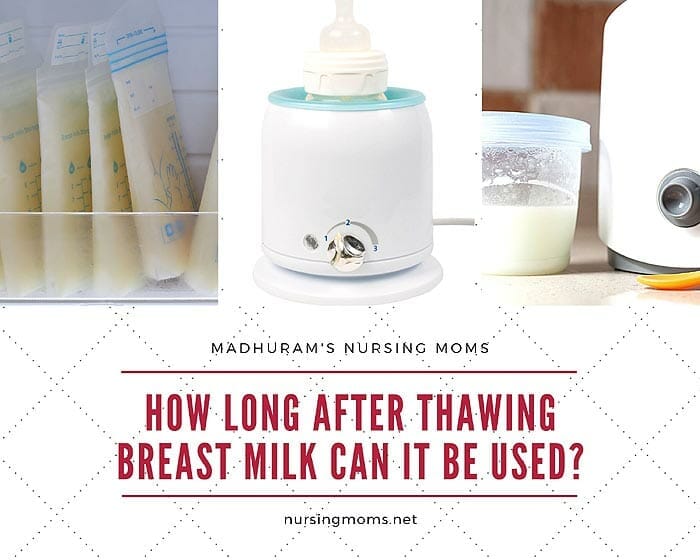

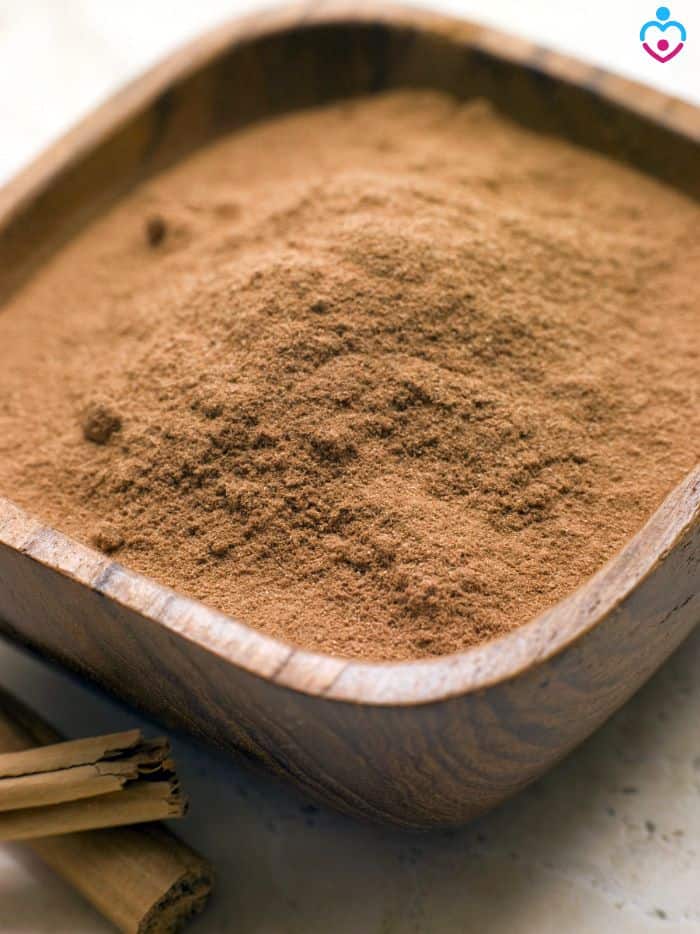
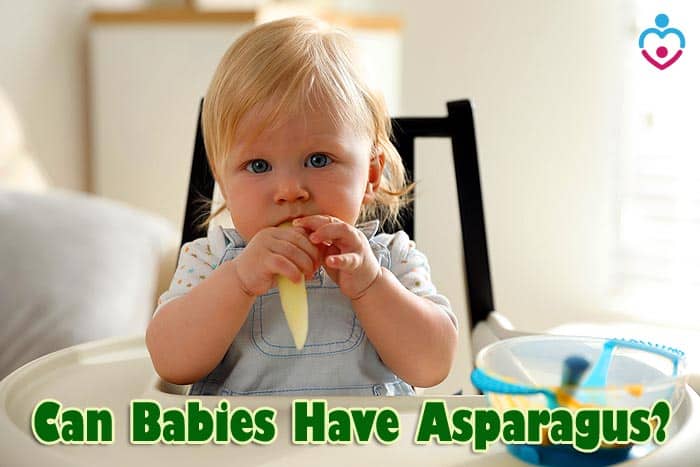
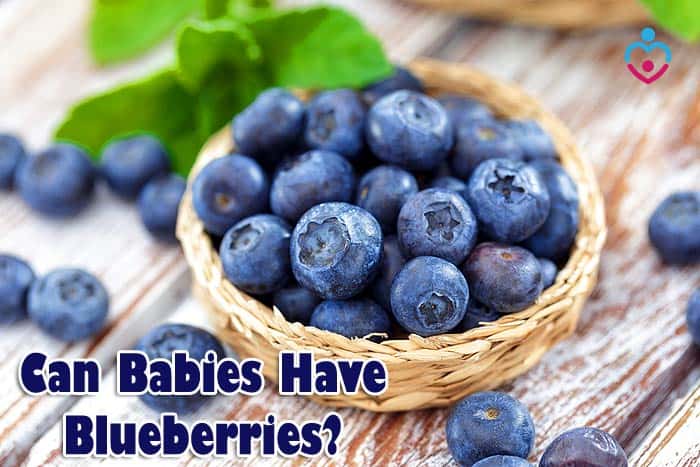
Leave a Reply